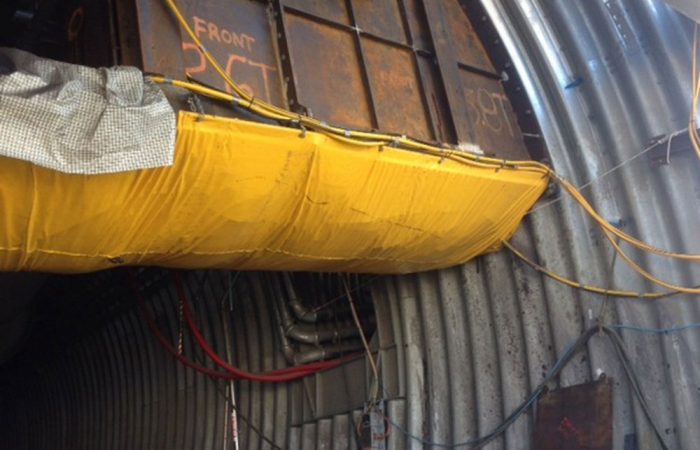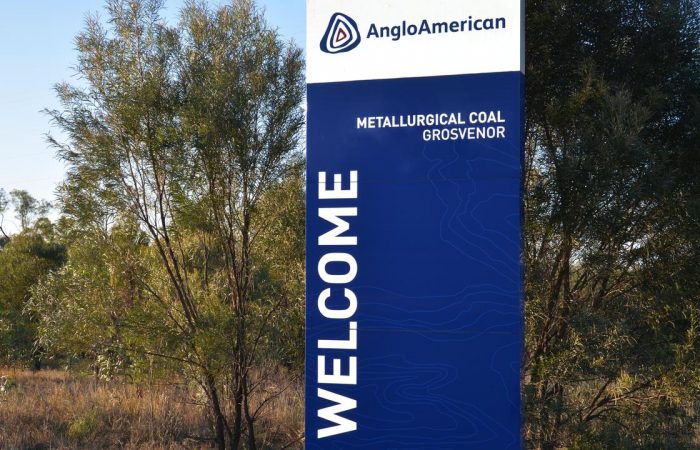
Inclusion of Statutory Officials being allowed to be employed by “Entity that employs or otherwise engages 80% of Coal Mine Workers at The Mine”. A complete U-Turn by the Qld Government and RSHQ?
(iii) an entity that employs or otherwise engages 80% or more of the coal mine workers at the mine;
It defies belief that this clause has been included.
This draft wording the way it reads, is going to explicitly permit one of the main reasons the legislation about employment of Statutory Officials was introduced. That is the Operator directly employing Statutory Officials
That is Statutory Officials being employed by a contractor company while having a major mining house being the holder of the lease and the Operator and directly employing the Site Senior Executive.
Again it appears that Professor Quinlan’s observations apply.
Even when regulatory change is successfully introduced powerful interest groups often seek to influence its implementation, to lobby their political representatives to reverse legislation or undermine its enforcement, or to refashion the laws years later when the heat has gone out of the debate
If it is enacted as is, it will become a complete and utter U-turn; and just make the Legislation a see through charade, or even a complete con job.
Obviously the Government and RSHQ have secretly changed their stated position from 2020.
These are relevant extracts from Report No. 46, 56th Parliament State Development, Natural Resources and Agricultural Industry Development Committee March 2020.
https://documents.parliament.qld.gov.au/tableOffice/TabledPapers/2020/5620T472.pdf
In response to matters raised by stakeholders in relation to the provisions in the Bill requiring statutory office holders to be employees of the mine operator, DNRME stated:
… it is a matter of government policy to require that statutory office holders are employees of a mine operator. There will be a twelve-month transitional period before statutory officer holders will be required to be an employee of a mine operator. The intent is to ensure that statutory office holders can make safety complaints and raise safety issues without fear of reprisal or impact on their employment.[1]
[1] Department of Natural Resources, Mines and Energy, correspondence dated 6 March 2020, p 34.
Mr Djukic from DNRME outlined the amendment:
The holder of the tenure must appoint an operator to operate the mine. These provisions require that these statutory positions are employees of the operator. In some circumstances the holder of the tenure may appoint a contracting company to be the operator. Those sorts of situations would not change under these amendments. Where, however, the operator was one of the big mining houses—for example, the statutory positions that are contemplated in these amendments—those persons would have to be employed directly by the operator, the mining house, whatever that may be.170
The committee sought to determine the basis of these amendments and was informed by Mr Djukic from DNRME:
Following events last year, such as safety resets that happened at all Queensland mines and quarries, what that really highlighted is a reporting culture where employees—persons—are unafraid of reporting safety risks… 182
The fatality review did not really touch on the reporting culture in terms of contractors versus employees. That is to say, it did not find any evidence of anything different between the two groups.
In terms of a fear-of-reprisal reporting culture, these were more observations arising out of the safety reset sessions that occurred last year.
I understand that fear of reprisal for raising safety concerns was repeatedly raised by participants in the safety resets as a concern.183
Similarly, Mr Stone from DNRME informed the committee:
…I will just characterise the safety resets. Following several deaths in the mining and quarrying industry, Minister Lynham called industry stakeholders to a meeting in Parliament House.
Arising from that meeting was a commitment to hold statewide safety resets. Some 52,000 workers participated in 1,197 resets across the state, and we believe that represents some 96 per cent of the workforce.
During those safety resets, workers discussed a number of aspects. They discussed the safety culture at their site. They discussed the nature and cause of the accidents that had happened within industry. They talked about critical hazards, fatal hazards and whatever was specific to that site.
You will understand that they cover large, open-cut coal mines, underground mines, quarries; and indeed some safety resets were held in head offices and outside of the state.
Arising from those safety resets, feedback included fear and concern over raising genuine safety incidents.
While reprisal provisions are included in the Mining and Quarrying Safety and Health Act, nonetheless that concern over reprisal was raised in those resets and to the department. 184
2.3.8 Committee comment
The committee heard and read extensive evidence regarding the issue of extending permanent employment to statutory office holders.
Opinions on this matter also included informal representations outside of the formal hearing at Moranbah, which provided an opportunity for individuals who were unable or unwilling to make written submissions.
This evidence focused on the ability to raise matters of safety in coal mines without suffering workplace retribution, and the capacity or reluctance of workers to raise these matters depending on the permanence or security of their employment.
The committee considers that there is a need to support all statutory office holders so that they can make safety complaints and raise safety issues without fear of reprisal or impact on their employment.
In light of noticeable differences between written submissions and feedback from workers outside of formal hearings, the committee is concerned that protections from reprisals in under ss 275 and 275AA of the CMSHA are insufficient and are not being adequately enforced.

